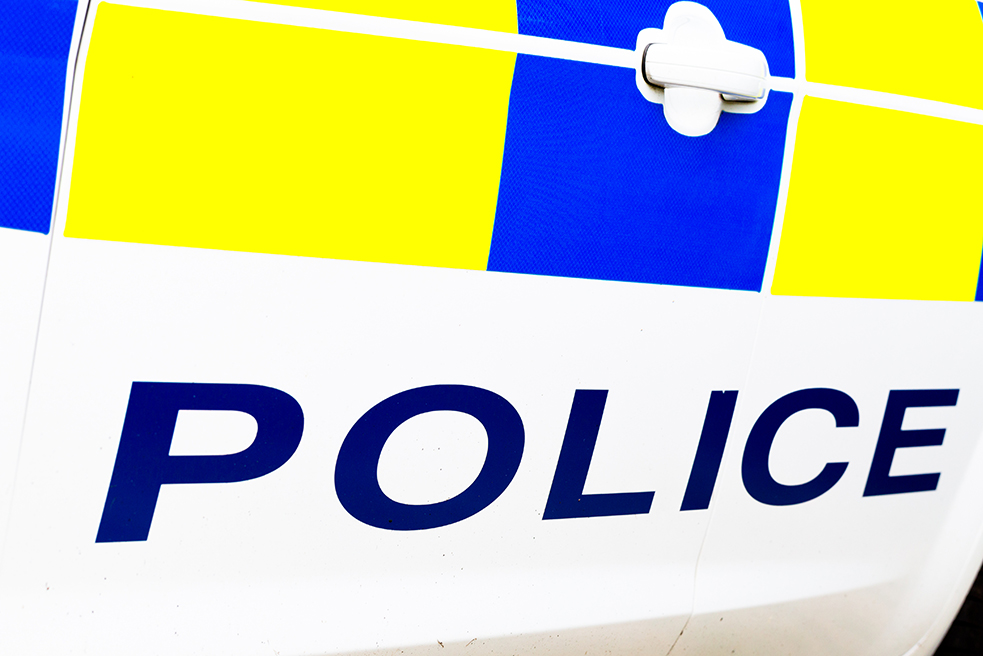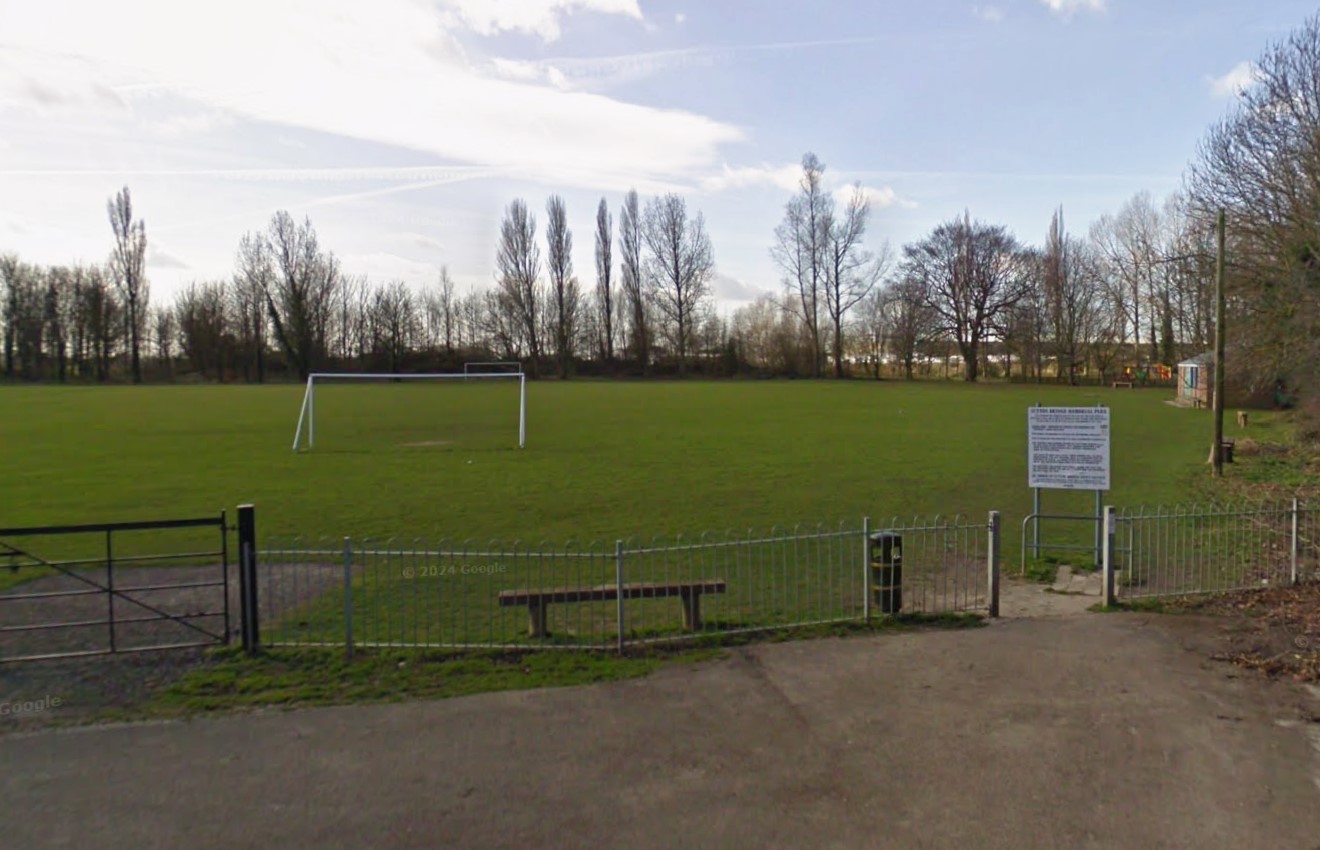As we are into June, our fields, woods and towns resound to high pitched squeaky noises.
Not the latest “find” from Britain’s Got Talent, it is the time of year for baby birds.
Well, actually some birds (namely doves and pigeons) have their chicks all year round. But for the majority of birds, late spring and early summer is the time to raise a family.
Warmer weather means fresh plant life and an increase in insects. Just what a young bird needs to grow up big and strong.
We might be used to seeing blue tits hanging on peanut feeders, or chaffinches eating sunflower seeds. But these are the adults.
Young birds need easily digested food and a lot of protein. So for them it is a diet of grubs, caterpillars and other insects.
One problem for parent birds is to find a nice, undisturbed place to raise their brood.
With the weather getting nicer, people are out in their gardens. Bushes and shrubs are being “tidied up” and trimmed back. But remember, that slightly unruly foliage might hide a nest. Rather than reaching for the strimmer, check first.
If there is a nest in there, please do leave it alone. Cutting back the leaves will reveal the nest. Meaning the adult bird may desert or else predators will spot it and move in…
Finally, a heartfelt plea. If you find a baby bird in your garden, please DON’T pick it up. Many young birds leave the nest well before they are able to fly. They hide themselves away under bushes, with the parents coming back to feed them. But well-meaning people pick them up, thinking they are orphaned.
Baby birds are notoriously difficult to hand rear, meaning the bird is then probably just going to slowly starve to death.
So please do leave them be. Watch from a distance and you will see the adult bird coming back to feed the chick.
Wildlife column written by Dr Chris Andrews, Visitor
Experience Manager, RSPB Frampton






